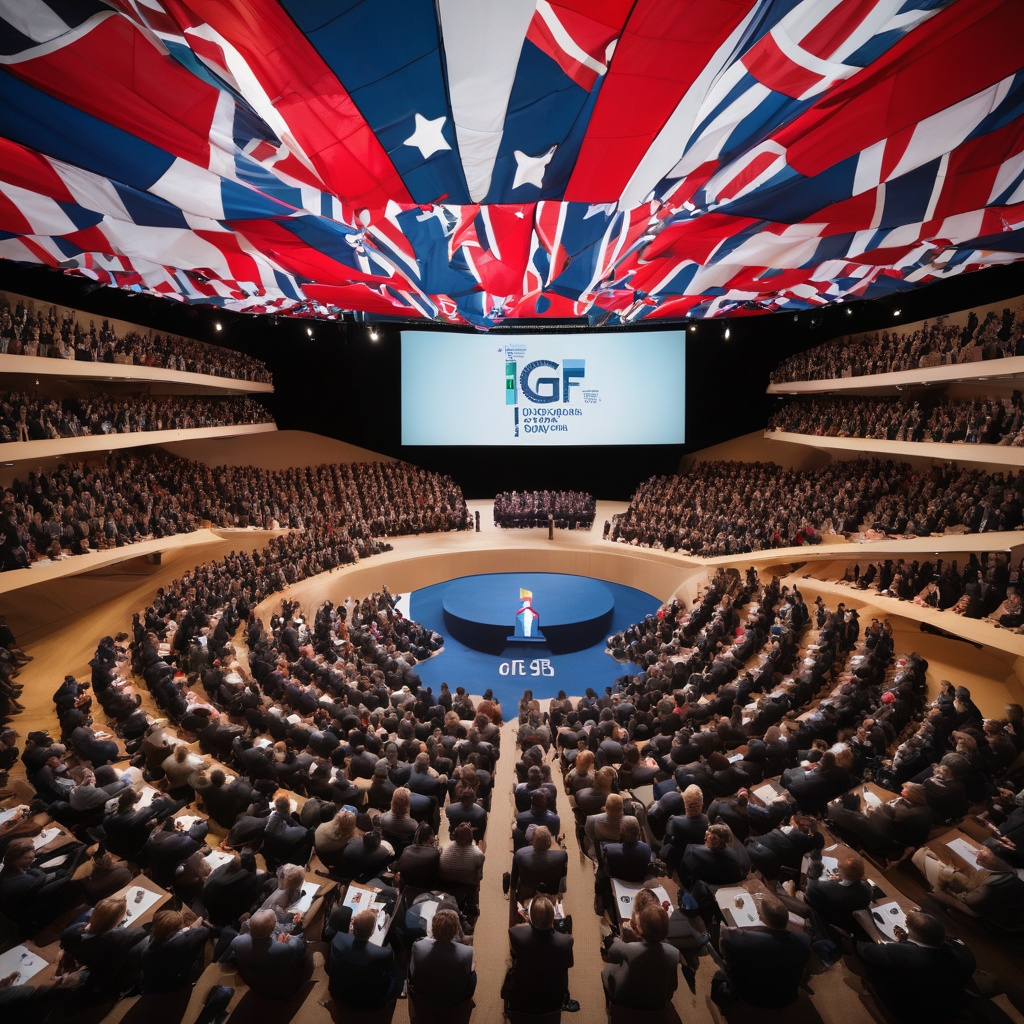Global Digital Dialogue Unfolds at IGF 2025 in Norway
As global challenges in digital governance intensify, this year’s Internet Governance Forum (IGF) opening in Norway has set the stage for unprecedented collaboration between lawmakers and international stakeholders. The IGF, a platform that facilitates discussions on public policy issues related to the internet, has become increasingly vital as the digital landscape evolves rapidly, presenting new challenges that require global cooperation and innovative solutions.
The 2025 IGF in Norway marks a significant milestone in the ongoing dialogue surrounding digital governance. With the proliferation of emerging technologies such as artificial intelligence, blockchain, and the Internet of Things, the need for a cohesive and inclusive governance framework has never been more pressing. Issues such as data privacy, cybersecurity, and digital inclusion are at the forefront of discussions, highlighting the importance of cross-border cooperation and coordination.
One of the key themes of this year’s IGF is the role of lawmakers in shaping digital governance policies that are responsive to the needs of a global society. By bringing together policymakers, industry leaders, civil society representatives, and technical experts, the forum aims to foster a multi-stakeholder approach to addressing the complex challenges posed by the digital age. Through open dialogue and knowledge-sharing, participants have the opportunity to exchange ideas, best practices, and lessons learned, ultimately paving the way for more effective and inclusive digital governance frameworks.
In light of the current geopolitical landscape, characterized by increased digital protectionism and regulatory fragmentation, the need for international cooperation has never been more critical. The IGF provides a unique platform for fostering consensus-building and promoting a shared understanding of the principles that should underpin global digital governance. By engaging in constructive dialogue and collaboration, stakeholders can work towards common goals that benefit society as a whole, rather than advancing narrow interests or agendas.
Moreover, the IGF serves as a forum for exploring innovative approaches to digital governance that leverage the potential of emerging technologies. By harnessing the power of AI, blockchain, and other cutting-edge tools, policymakers can develop more agile and adaptive governance mechanisms that keep pace with technological advancements. For example, blockchain technology has the potential to enhance transparency, accountability, and security in digital governance processes, while AI can enable more efficient decision-making and policy implementation.
As the IGF 2025 unfolds in Norway, it is clear that the future of digital governance hinges on collaborative efforts and forward-thinking strategies. By fostering a global digital dialogue that transcends borders and disciplines, stakeholders can collectively address the challenges and opportunities presented by the digital revolution. Through inclusive and participatory processes, policymakers can develop policies that uphold fundamental rights, promote innovation, and ensure the sustainable development of the digital ecosystem.
In conclusion, the IGF 2025 in Norway represents a pivotal moment in the ongoing evolution of digital governance on the global stage. By harnessing the power of dialogue, collaboration, and innovation, stakeholders can chart a path towards a more inclusive, secure, and prosperous digital future for all.
digital governance, global collaboration, digital inclusion, emerging technologies, multi-stakeholder approach












